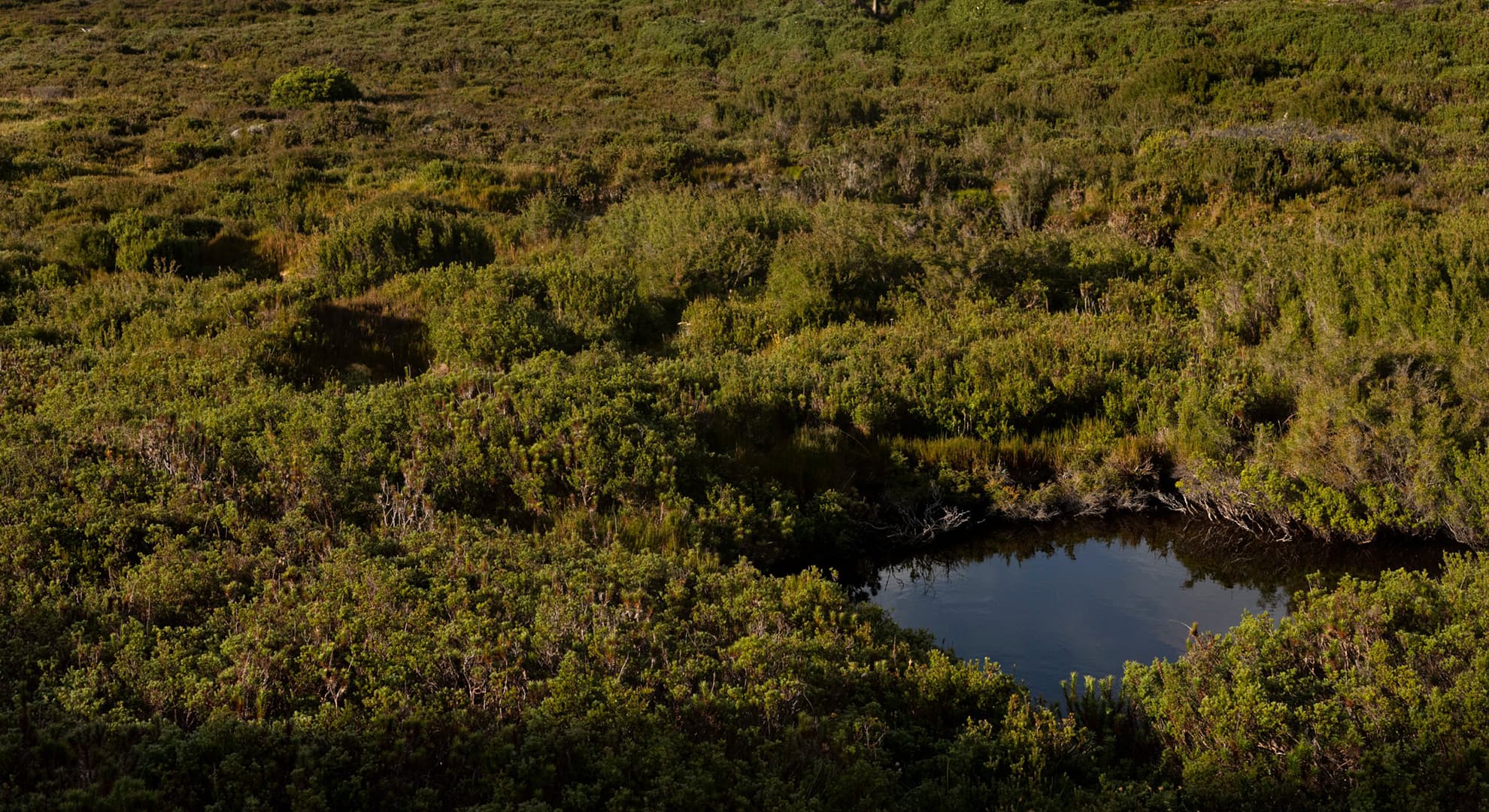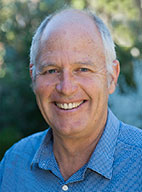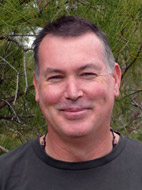A five-year collaborative research project into critical peatland ecosystems in Western Australia’s Southwest has received a $1.3 million funding boost from The Ian Potter Foundation, one of Australia’s major philanthropic organisations.
The project, PEAT – Protecting Peatland Ecosystems and Addressing Threats in Southwestern Australia, which involves 21 interdisciplinary scientists working collaboratively from Edith Cowan University (ECU), The University of Western Australia (UWA), and the State Government will initially focus on mapping peatlands and describing their geodiversity, hydrology and biodiversity.
The project is co-led by ECU’s Professor Pierre Horwitz, Co-Director of ECU’s Strategic Research Centre for People, Place and Planet.
“We will be investigating the ways in which peatlands form and the special biological characteristics they hold. We will also be looking at how best to protect them; the delicate structure and slow formation process of peatlands makes them highly vulnerable to a range of threats including climate change, changing fire regimes, and feral animals such as pigs,” Professor Horwitz said.
The data received from field investigations will be used to design management strategies to conserve peatlands in collaboration with government, the community, and Traditional Owners.
Despite only accounting for around three per cent of the world’s terrestrial surface, peatlands store more carbon than any other ecosystem found on land, including rainforests.
The peatlands in the Walpole Wilderness Area are diverse and contain rare species, including the Sunset Frog and the mysterious Albany Pitcher Plant fly.
The five-year project, led jointly by The University of Western Australia and Edith Cowan University, has assembled the interdisciplinary team of scientists alongside Noongar elders from five organisations, including the WA Department of Biodiversity, Conservation and Attractions, the Walpole-Nornalup National Park Association, and the Western Australian Museum.
The team includes ecologists, archaeologists, geneticists, hydrogeologists, frog and invertebrate experts, soil scientists and ECU’s Dr Dave Blake who will lead the working group that will investigate aspects of geodiversity such as the types of peats and how they are distributed throughout the landscape.
“It’s important that we know the spatial distribution and the extent of these peatlands in the southwest. Knowing their distribution, we can undertake a more detailed analysis of their vulnerability and resilience to climate change impacts such as drying and fire,” Dr Blake said.
The study will require the use of technology such as UAV, aerial and satellite data to help the team model where these systems exist in the landscape and the age of the peats by analysing fossilised pollen and charcoal contained within the sediments.
“It will involve some intensive field surveys to collect information about soil types, hydrology, and vegetation as well as documenting impacts such as those from fire and feral animals, Dr Blake explained.
The PEAT project will work closely with local communities and is aimed at building on successful ‘bioblitzes’ coordinated by the Walpole-Nornalup National Park Association.
Professor Horwitz said peatlands are a critical ecosystem in a world so focused on carbon, and they remain relatively understudied everywhere, including the southwest of the state.
“The goal ultimately is to understand these peatlands better, so that we can do more to protect them” Professor Horwitz said.
 Peatlands store more carbon than any other ecosystem found on land, including rainforests.
Peatlands store more carbon than any other ecosystem found on land, including rainforests.




